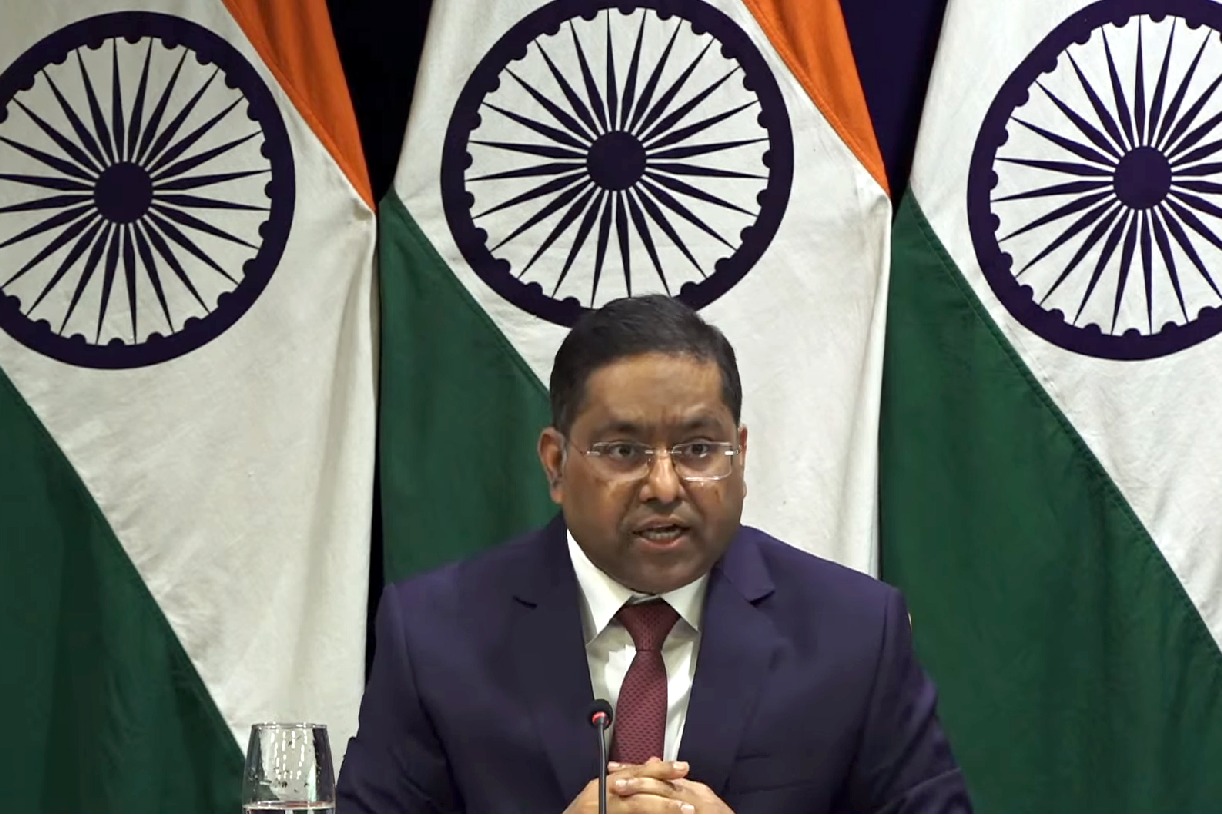
NEW DELHI: China has granted licences to certain Indian companies to import rare earth magnets, the Ministry of External Affairs (MEA) said on Thursday.
China’s decision to ease restrictions on supply of rare earth minerals to India came amid efforts by the two sides to normalise the bilateral ties that came under severe strain following the over four-year military face-off along the LAC in eastern Ladakh.
“Some Indian companies have received licenses for importing rare earth magnets from China,” External Affairs Ministry spokesperson Randhir Jaiswal said at his weekly media briefing.
He, however, did not elaborate on it.
Rare earth minerals are considered vital for high-end technology products including electric vehicles (EVs), drones, and battery storage. China has been a dominant player in the critical minerals supply chain globally.
India has been looking at a steady supply of rare earth minerals to fuel its economic growth.
China accounts for around 70 per cent of global rare earth mining that makes it a very dominant player in the global supply chain of the critical minerals.
China used to export huge quantities of fertiliser to India till 2023.
However, Beijing stopped the supplies to a large number of countries last year. It lifted the restrictions in June but did not relax the norms for resuming exports to India.
Over two weeks ago, China announced new restrictions on the export of technologies and equipment related to the mining and processing of rare earths, lithium batteries, and rare earth-based superhard materials.
China’s decision to grant licenses to the Indian companies is being seen as part of overall efforts to rebuild the ties between the two sides.
In the last few months, the two sides initiated a number of initiatives to reset the ties that included resumption of Kailash Mansarovar Yatra and New Delhi restarting issuance of tourist visas to Chinese nationals.
The military face-off in eastern Ladakh effectively ended following completion of the disengagement process from the last two friction points of Demchok and Depsang as part of an agreement sealed in October last year.
The military standoff in eastern Ladakh began in May 2020 and a deadly clash at the Galwan Valley in June that year resulted in a severe strain in ties between the two neighbours.
The decision to revive various dialogue mechanisms between India and China was taken at a meeting between Prime Minister Narendra Modi and Chinese President Xi Jinping in the Russian city of Kazan in October last year. (PTI)

